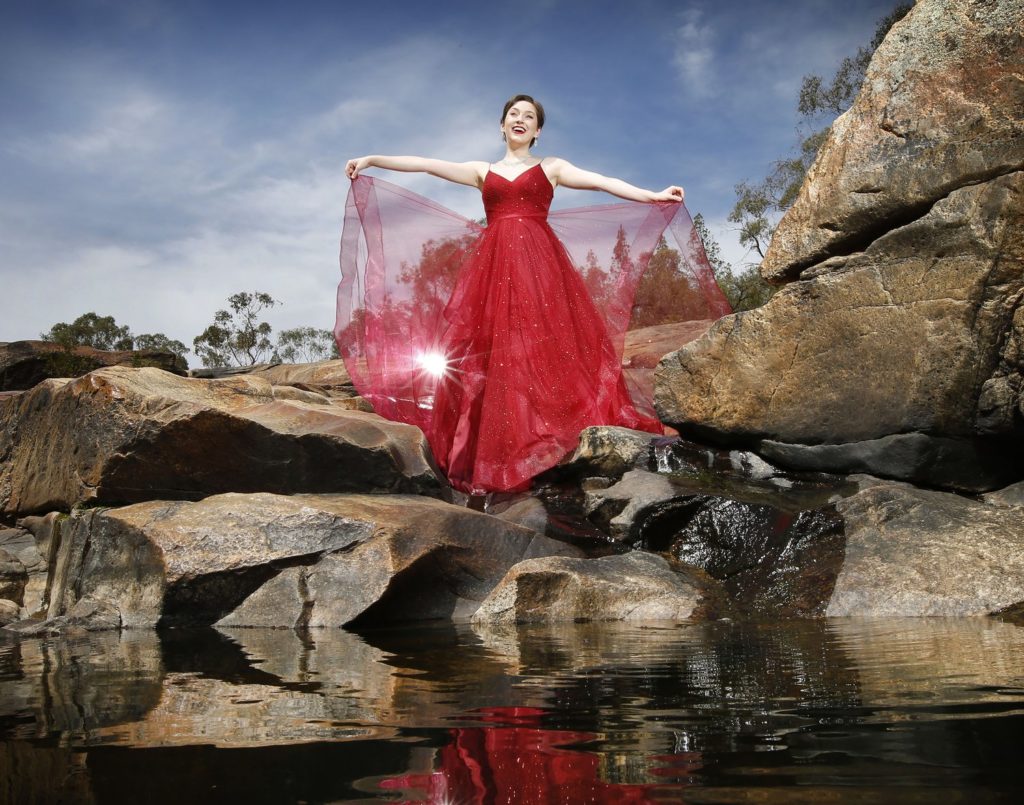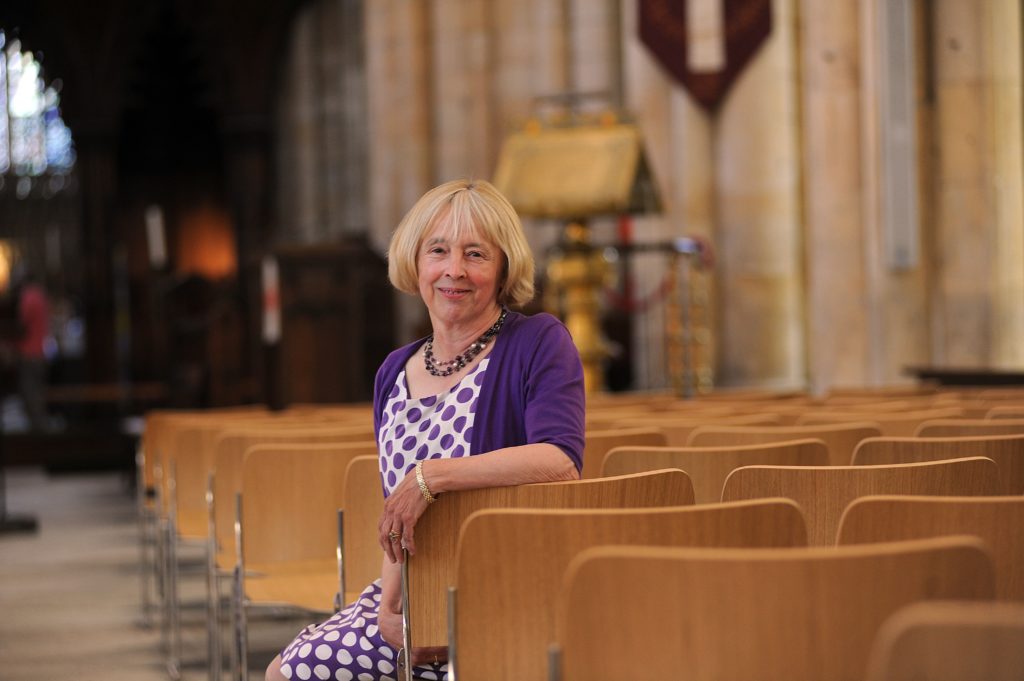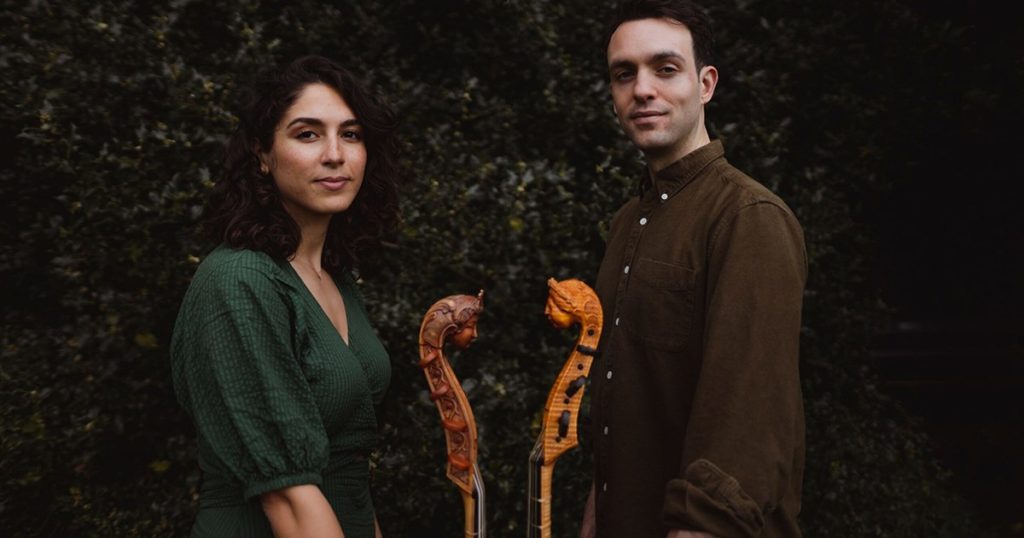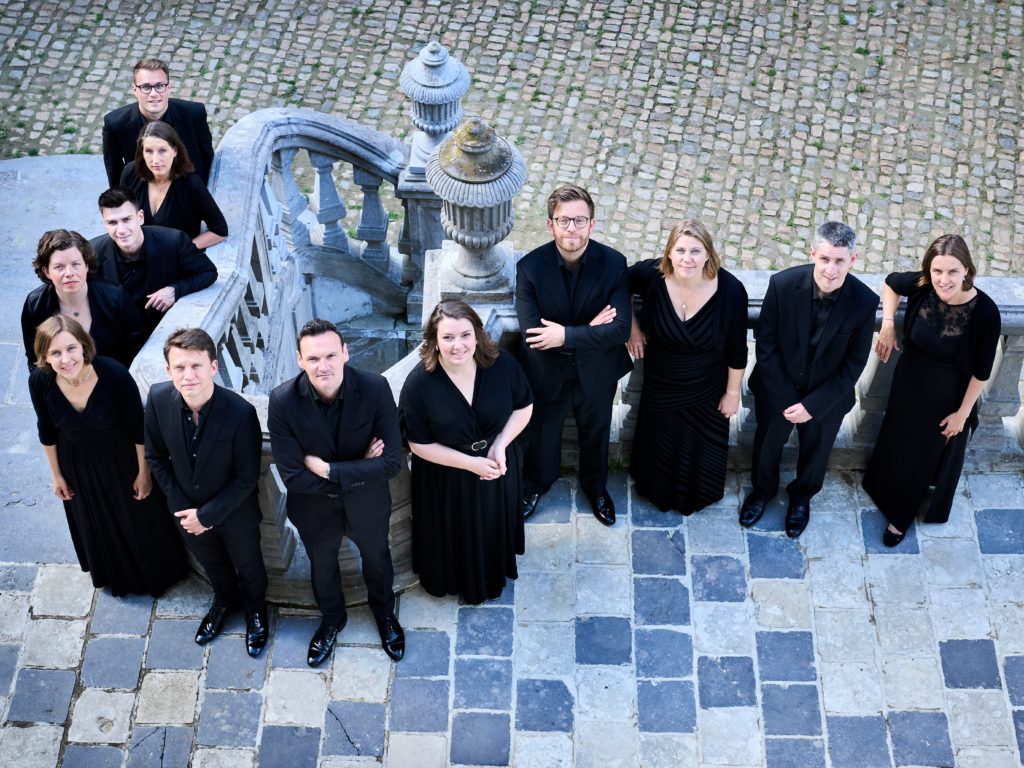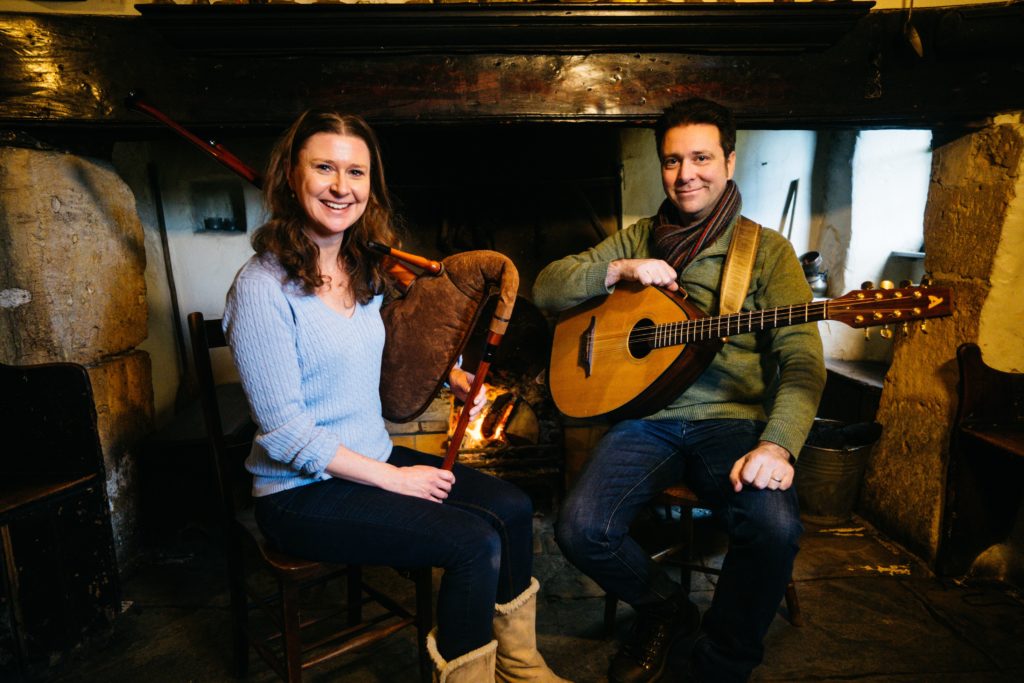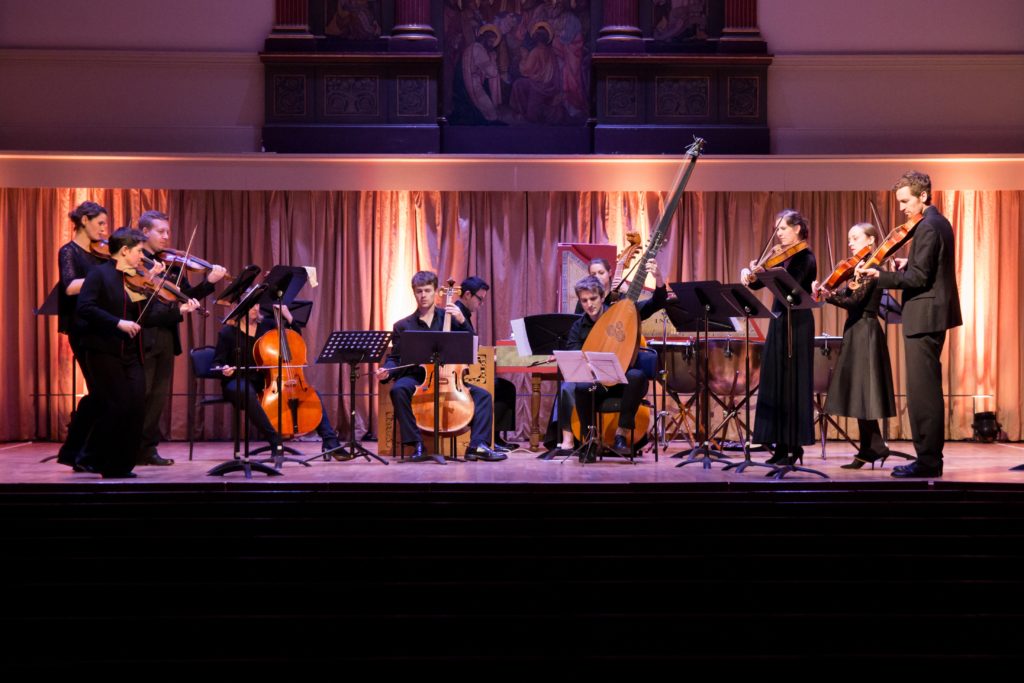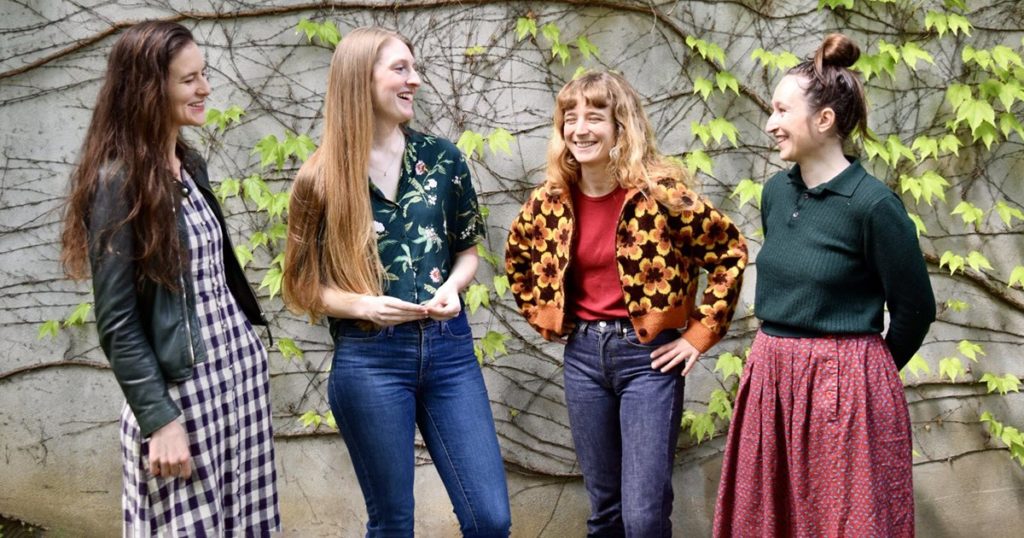
Contre le Temps
THE final day of the festival was full of good things. The early afternoon found the female-voice quartet Contre le Temps in the Quire of Beverley Minster, nobly unearthing the role of women in the music of the Middle Ages.
Inevitably, Hildegard von Bingen was the only female composer on display, but there was a wealth of music about women, both sacred and secular, with Dufay the only other named composer.
The quartet took a while to find its feet. There was some odd tuning in the opening Salve Decus, not all of it attributable to the processional presentation or even mediaeval waywardness. Nerves began to calm in a Dufay lament, before we moved into higher gear with two works devoted to the Virgin Mary, including an Ave Maria from the Winchester Troper.
We had travelled briefly into the secular with an angst-ridden lament by Dufay for three voices. However, the fun really began when in a single macaronic piece from the Montpellier Codex, Quant Voi l’erbe Reverdir (When I See The Grass Turning Green), we began with a lilting triplum in French – love in springtime – before a motetus in Latin on love for the Virgin. But the punch-line was that it had all been part of Jacob’s dream, sacred and secular love neatly converging.
That message was neatly reinforced by Dufay in a four-voice rondeau, Ma Belle Dame Souveraine, where the sovereign lady of the title could equally easily be taken either as the Virgin or the object of courtly love.
Hildegard was aptly represented by the antiphon O Tu Illustrata, where the upward-jumping lines symbolised the baby leaping in Mary’s womb, as well as Hildegard’s private ecstasy. In the verse that followed, there were some soaring lines that found the quartet at its most appealing, blending beautifully throughout a wide range. The music showed the composer at her most typically emotional.
That left time for a brief excursion to northern Spain, with a motet from the Codex Las Huelgas, a prayer for sins to be washed away by the Virgin’s ‘river of pardon’. The balance was restored by a return to the more earthly, some might say earthy, delights of human beauty – in French, naturally – from the Cyprus Codex (actually compiled there by French musicians).
Contre le Temps laudably tried to communicate with all their audience by moving around, although some of the choreography was more distracting than meaningful. But there was no mistaking the group’s commitment, breathing new life into some rarefied manuscripts.
* * * * *
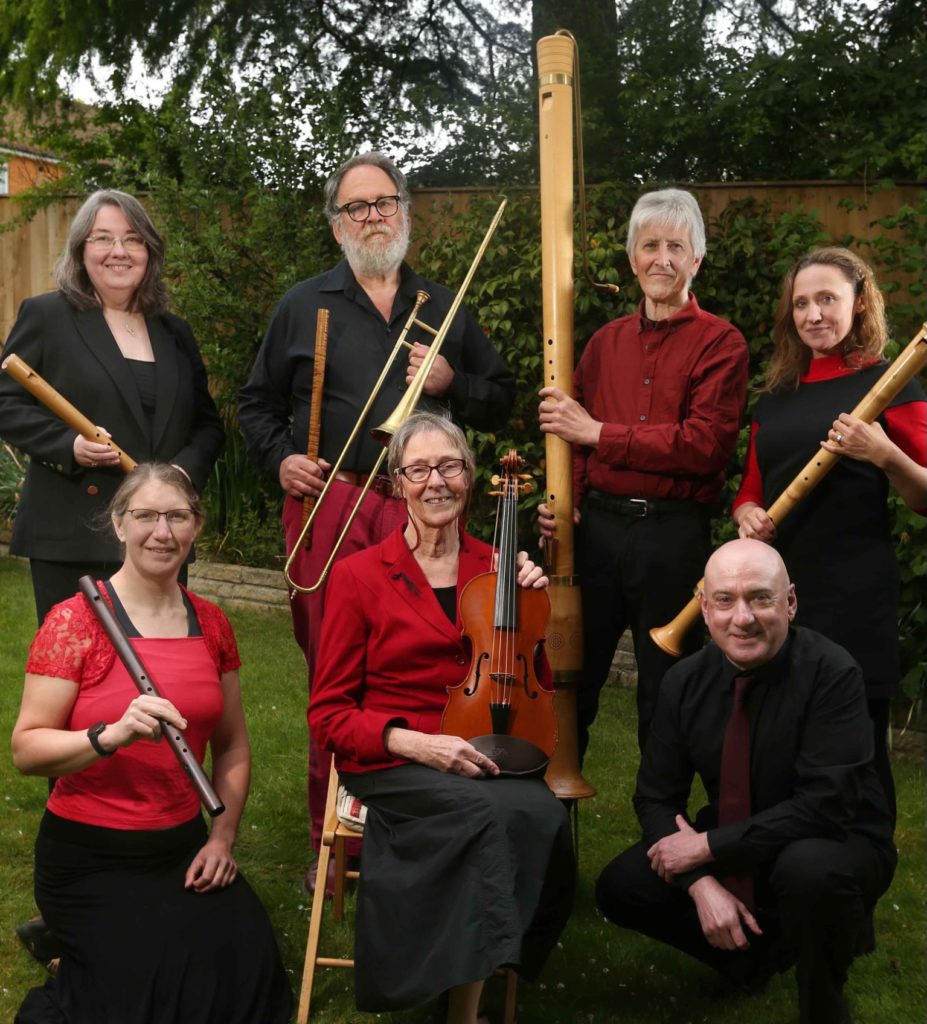
York Waits
WITHIN an hour, we had a complete contrast with York Waits at St John’s Church, North Bar Without, two singers and five players on a rumbustious pilgrimage to Walsingham.
At this group’s heart lie shawms and sackbuts, instruments that never pretend to be precious, destined as they were to be played outdoors. Ultimately their music owes more to folk traditions and these singers’ style reflects that too: nasal, straight-toned, lusty.
After a quick nod to religion with Gregorian chant, we were into Byrd’s Walsingham variations, a keyboard piece cleverly arranged here for violin and four recorders by Tim Bayley. Three raucous dances arranged by another group member, Elizabeth Gutteridge, from Arbeau’s Orchésographie (1589) brought all the main noise-makers into play, but they were less suited to Byrd’s penitential O Lord, How Vain, which was intended for four viols and a singer.
Gutteridge’s version of Byrd’s The Queen’s Almain showcased William Marshall’s virtuoso skills on the sackbut. There were particularly pleasing recorder contributions in Richard Nicholson’s Bergamasca – variations on a ground – and in Campion’s Never Weather-beaten Sail, where the voices of Deborah Catterall and Gareth Glyn Roberts served the poetry well.
At this point, two bagpipes joined the fray, courtesy of Michael Praetorius. A brief return to the sacred side of the mission via Tallis and Guerrero soon yielded to a reminder of Kemp’s famous jig on this route, which brought plenty of percussion into action.
After a repeat of the title song, As I Went To Walsingham, which faded out tastefully with three voices alone, we had as encore a rousing French chanson about a pretty young nun. Its text was hardly biblical but it certainly produced a joyful noise from the whole group.
* * * * *
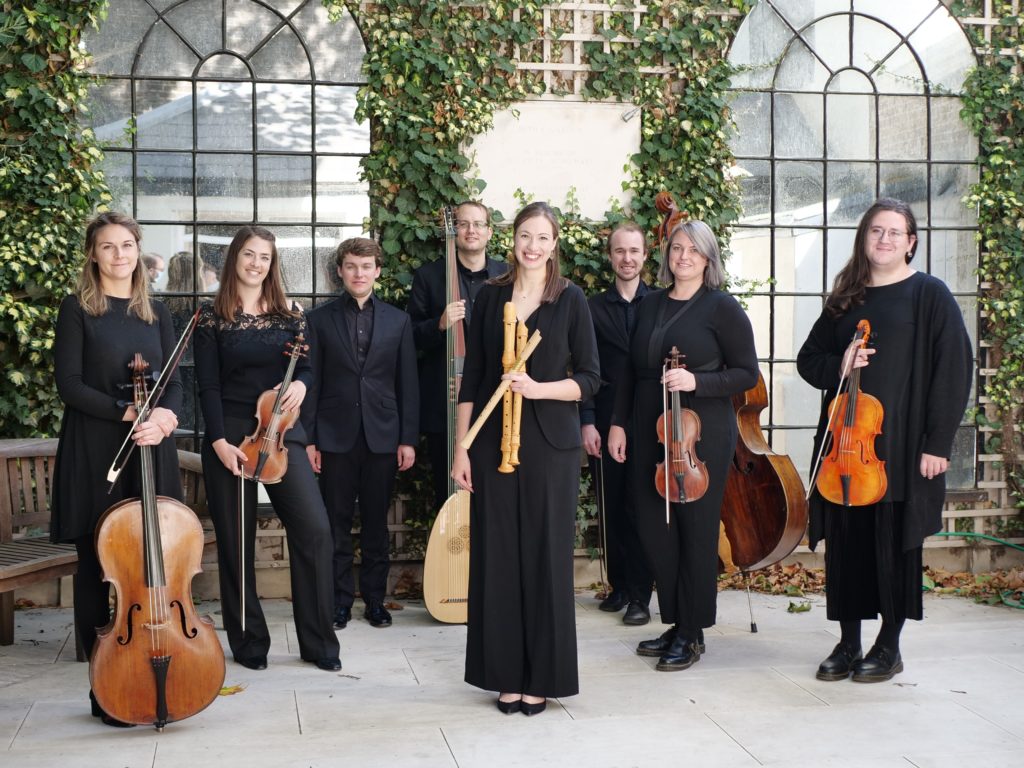
Ensemble Augelletti
THE festival ended on a high with the quintet Ensemble Augelletti (‘little birds’) in Toll Gavel United Church. The group, now nearing the end of its tenure as New Generation Baroque Ensemble, had appeared at the York Early Music Christmas Festival but, for some reason, without a cellist. This time they had one: it transformed them from highly competent to seriously exciting.
She was Carina Drury, always vivid and so totally attuned to her colleagues that she became in effect the engine-room of the entire programme, to everyone’s advantage.
The evening reflected the tastes of John Courtney, an 18th-century music lover and bon vivant who divided his time between Beverley and London. Handel’s name recurs most frequently in Courtney’s diaries, which accounted for two trio sonatas from his Op 5.
The latter, No 3 in E minor, was the most bravura piece of the evening, its complex counterpoint drawing particular virtuosity from Drury and from the harpsichord of Benedict Williams.
Corelli’s trio sonatas were more or less the archetype of the genre and recurred often in Baroque programmes. Here, in D minor, we had two frisky allegros, of which the second was especially balletic.
English composers were represented by Purcell, with dances culled from three of his semi-operas, where Olwen Foulkes’s recorder delivered some tasty descants, and by William Boyce, with a minuet that fluctuated teasingly between major and minor, again with recorder to the fore.
Not quite English, but often called the ‘London Bach’, Johann Christian, who spent the latter part of his career there, was heard in a delightful trio that brought Ellen Bundy’s fluent violin alongside recorder and cello. But it was the Italian style that dominated Courtney’s musical experiences.
Sammartini’s concerto, Op 2 No 1, found running semiquavers being tossed nonchalantly between the parts, before a spirited finale of stop-start rhythms.
In similar style, although also anticipating the Classical period, was a D major sonata by Johann Friedrich Fasch, a contemporary of Bach who deserves more attention than he tends to receive. All five players combined tellingly in its furioso final Allegro, which brought down the curtain on a stimulating event.
Ensemble Augelletti are no longer the fledglings their title suggests: they have taken wing in commanding fashion. This programme was recorded by BBC Radio 3 and may be accessed on BBC Sounds.
Review by Martin Dreyer

